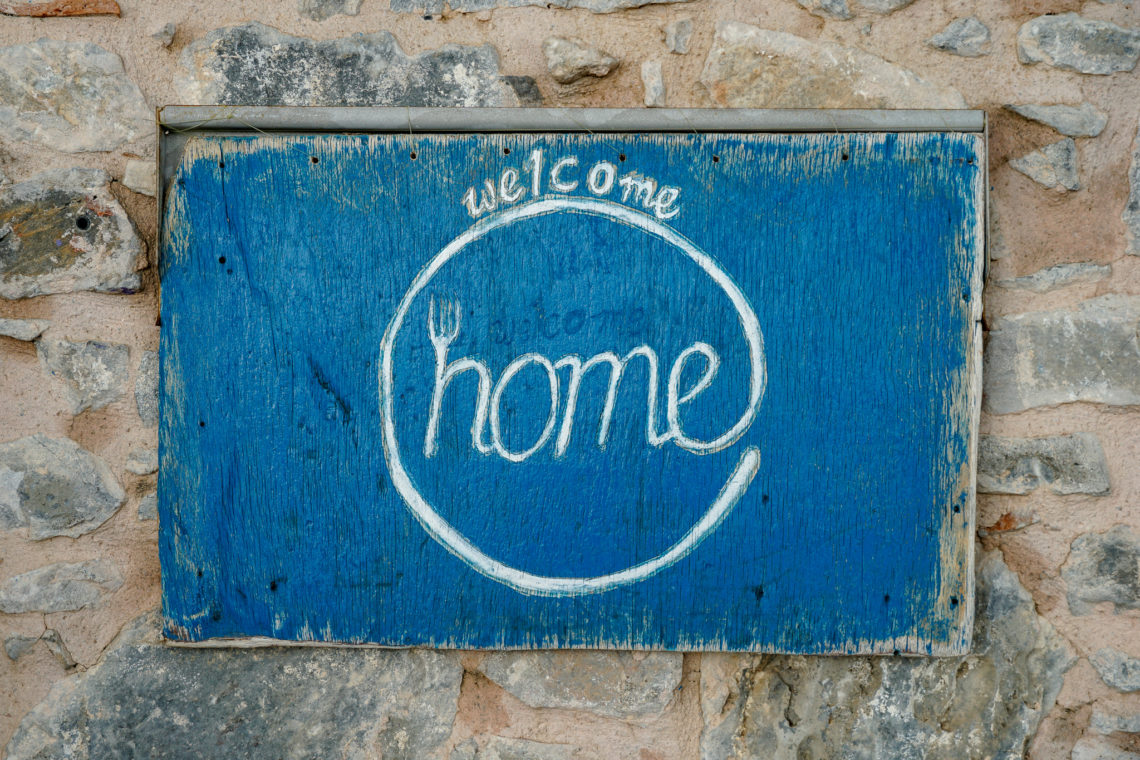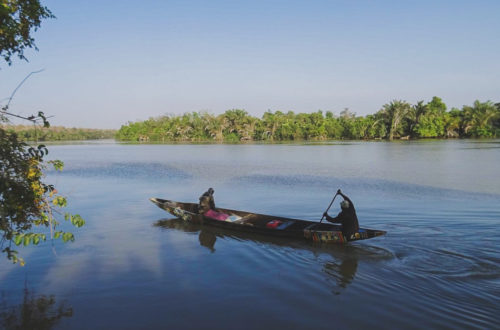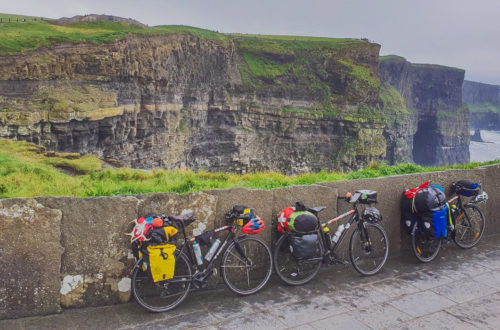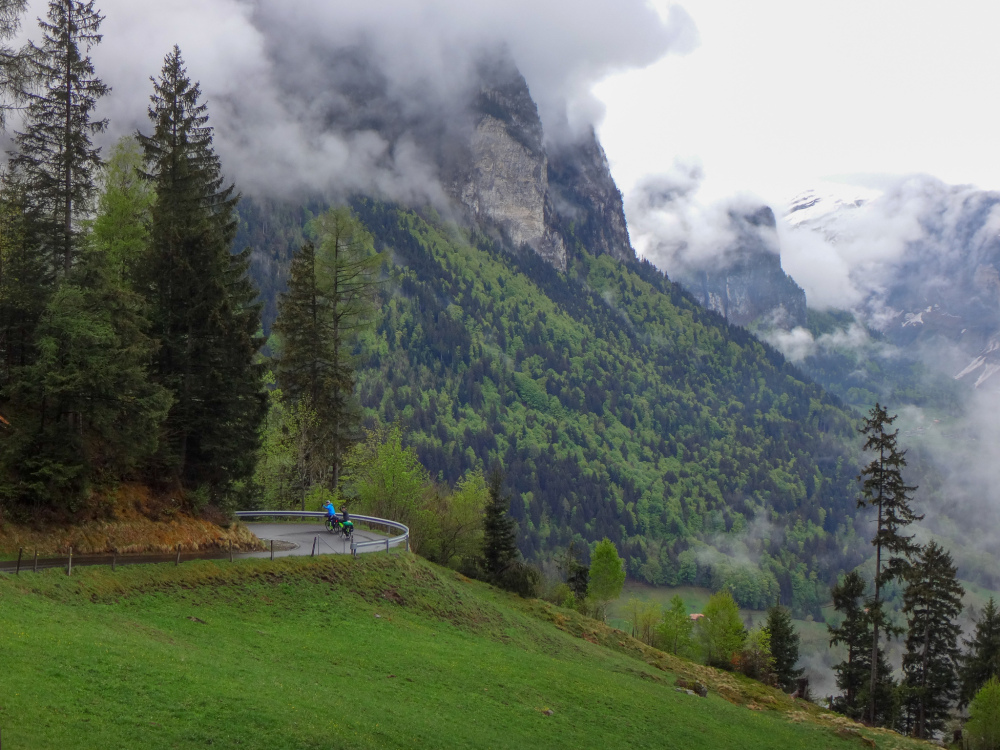They say the calm comes after the storm. In Lesvos this calmness seems reluctant in coming, but there are some slim beams of light ripping through the clouds. And those rays of sun are NGOs and volunteers who work tirelessly to make the lives of refugees a little easier.
Today I want to talk to you about a very unique and special project on the island, Home for All. While most organisations try to improve living conditions within the Moria refugee camp (which is very legitimate and noble), Home for All is the only organization that takes the refugees out of the camp. But why is this so important? Because for a few hours a day they are back in a human environment, dignified, safe, comfortable and happy. There is nothing more beautiful and important than that.
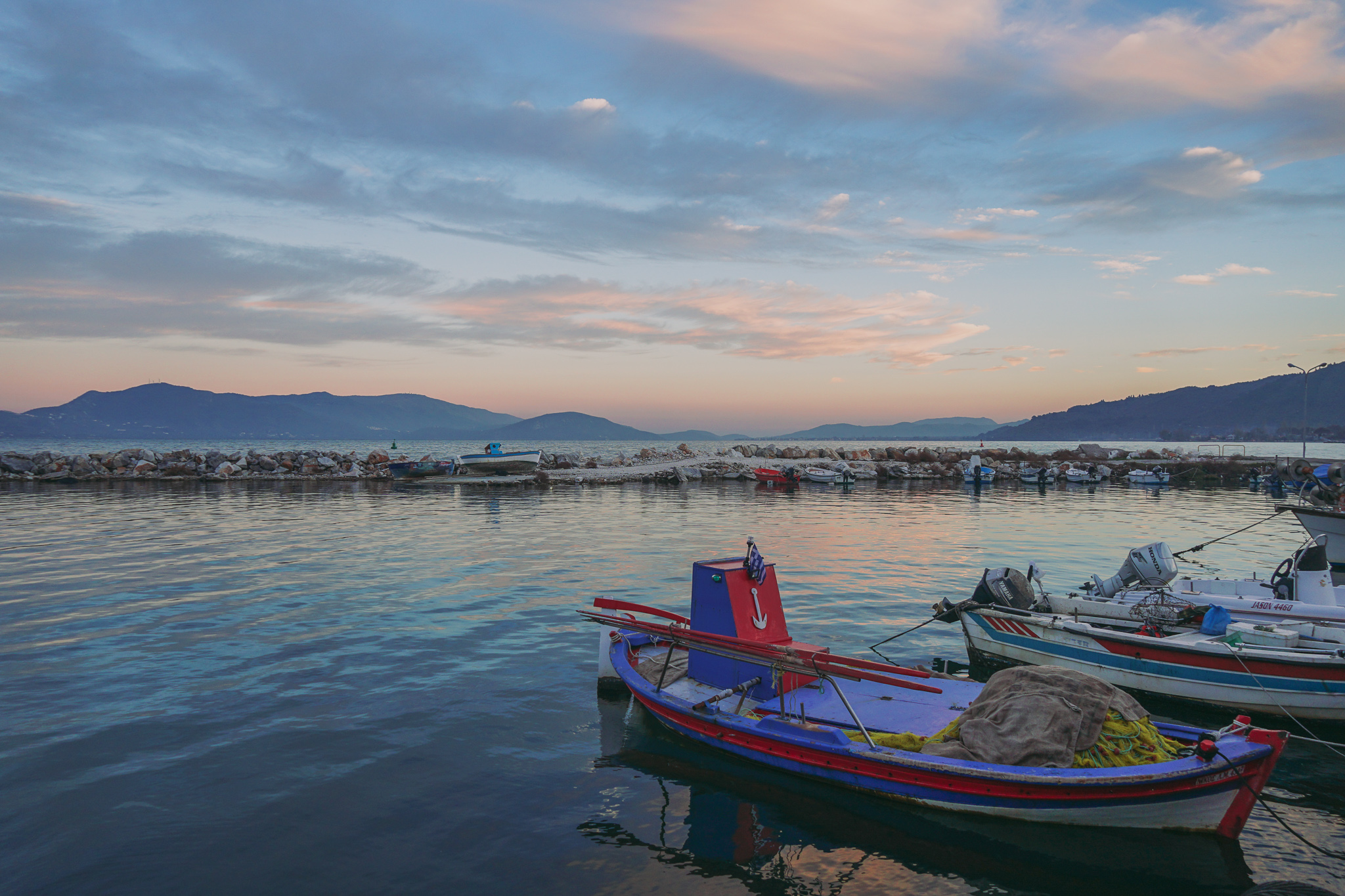
So let me tell you the story of this wonderful project <3
It all started, some time ago, on the island … of Lesvos
It was four years ago that Nikos and Katerina, owners of a restaurant by the sea, began to see people walking, all wet, on the beaches and roads of Lesvos. They didn’t know what phenomenon that was, but they wanted to help.
They began by driving these people to a place of registration for emigrants. At that time there were still no camps. They quickly realized that it was not a passing problem, but they hardly imagined what it would become.
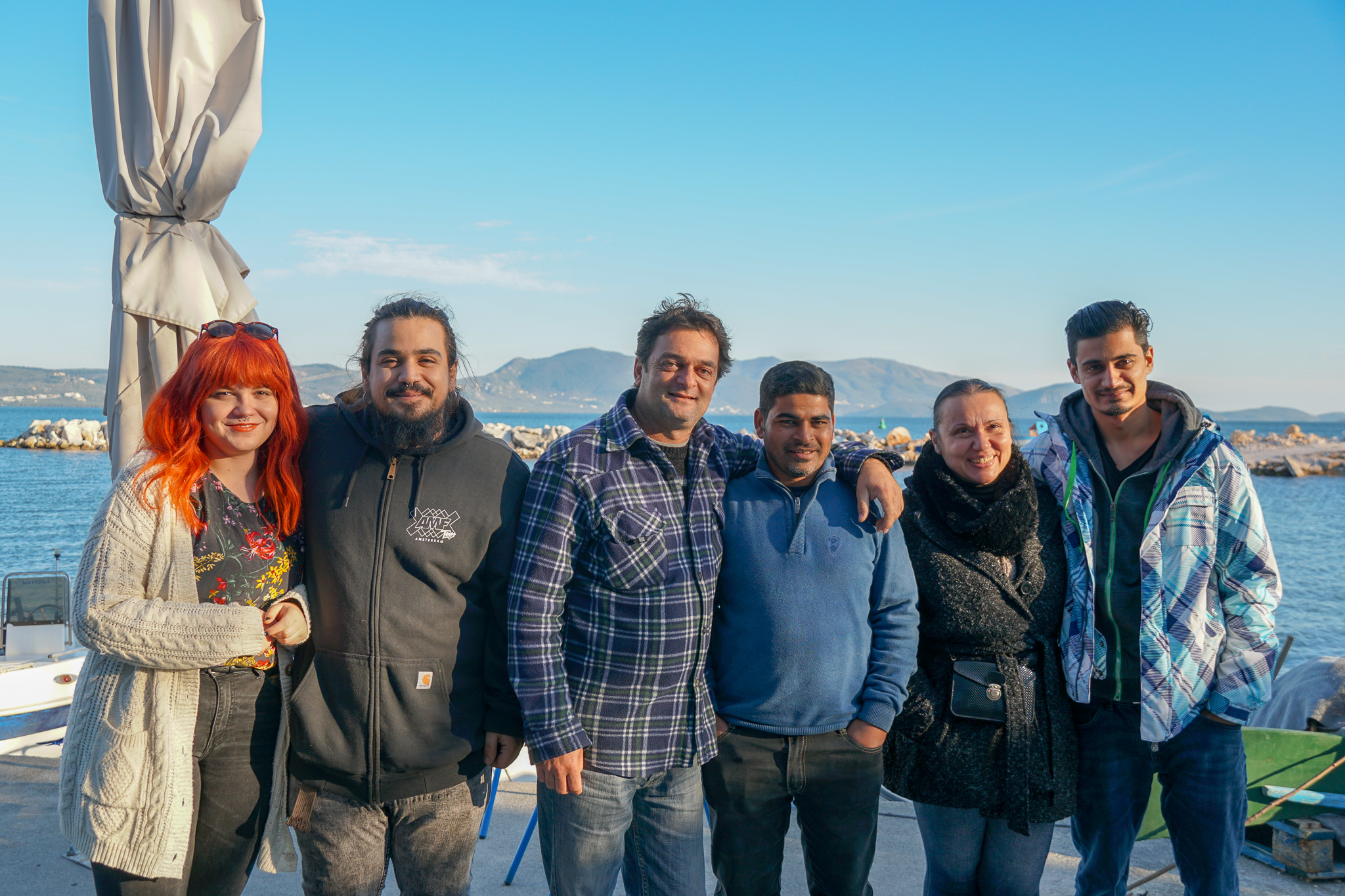
The first step was to start distributing meals to refugees. But when they saw that people ate sitting on the floor, they decided to give them a space to enjoy their meals peacefully. Until the time came when they were forced to choose between maintaining their business and devoting themselves solely to feeding the refugees. They opted for the second option.
And Home for All was born
In four years the Home for All transformed. Suddenly it took on a lot more than just feeding the people who were coming. It was necessary to give them clothes, comfort and a friendly shelter. And the “homes” started multiplying.
Today the project is much bigger than Nikos and Katerina, although they are, without doubt, the heart that makes everything move. There are 4 “homes”, clothing warehouses, donations and hundreds of volunteers who help throughout the year and guarantee the continuation of Home for All. That’s where I made my contribution.
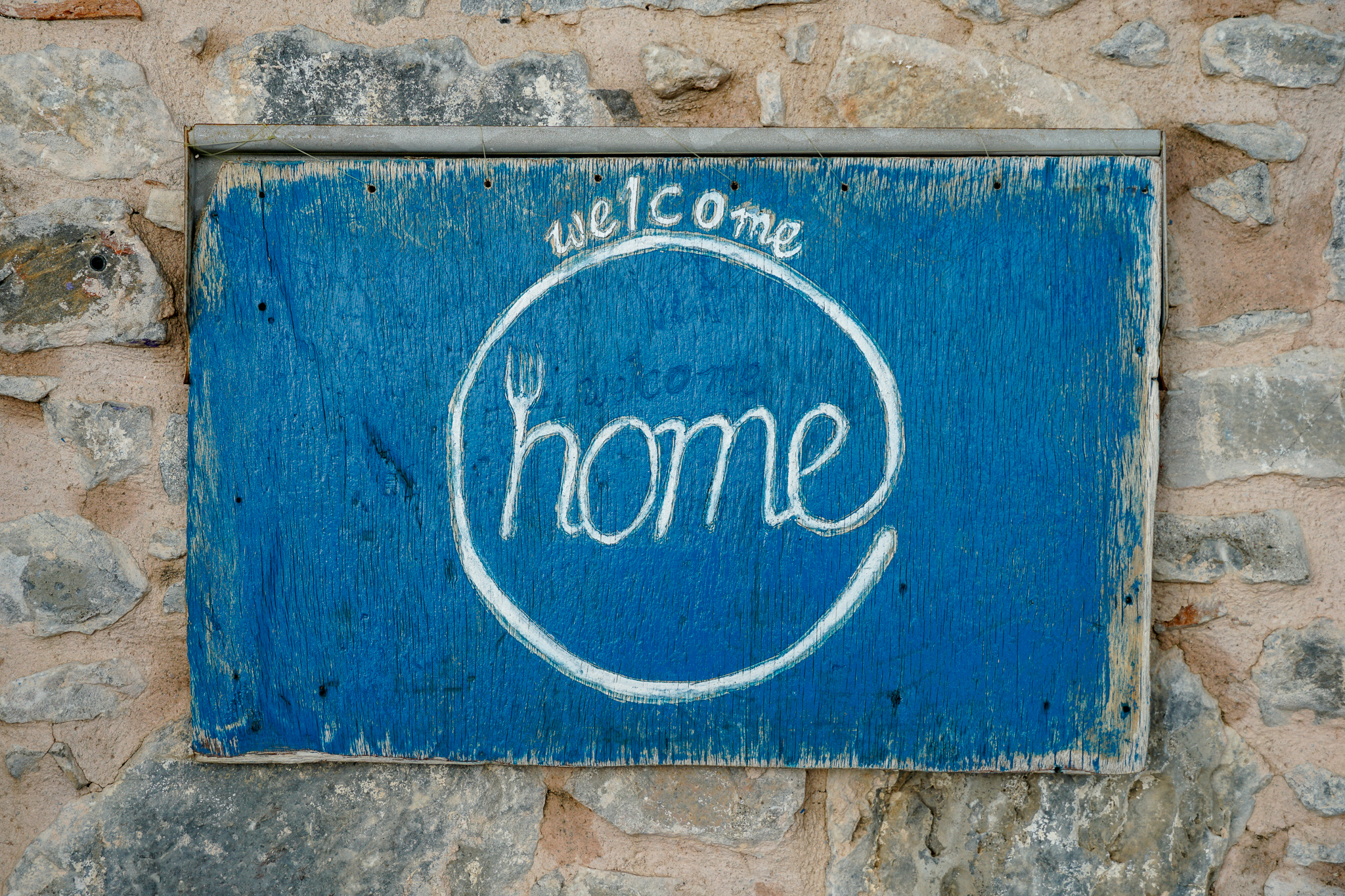
I went to Lesvos without really knowing what awaited me. All I knew about the project was that a significant amount of their work was directed towards connecting with refugees. However, being a rather insensitive person, I did not expect it to touch me so much.
A day in the life of a volunteer
Our day started at the volunteers’ house in the small village of Katos Tritos. After scoffing a Greek yogurt with 8% fat and a roll full of sesame seeds I was ready to work.
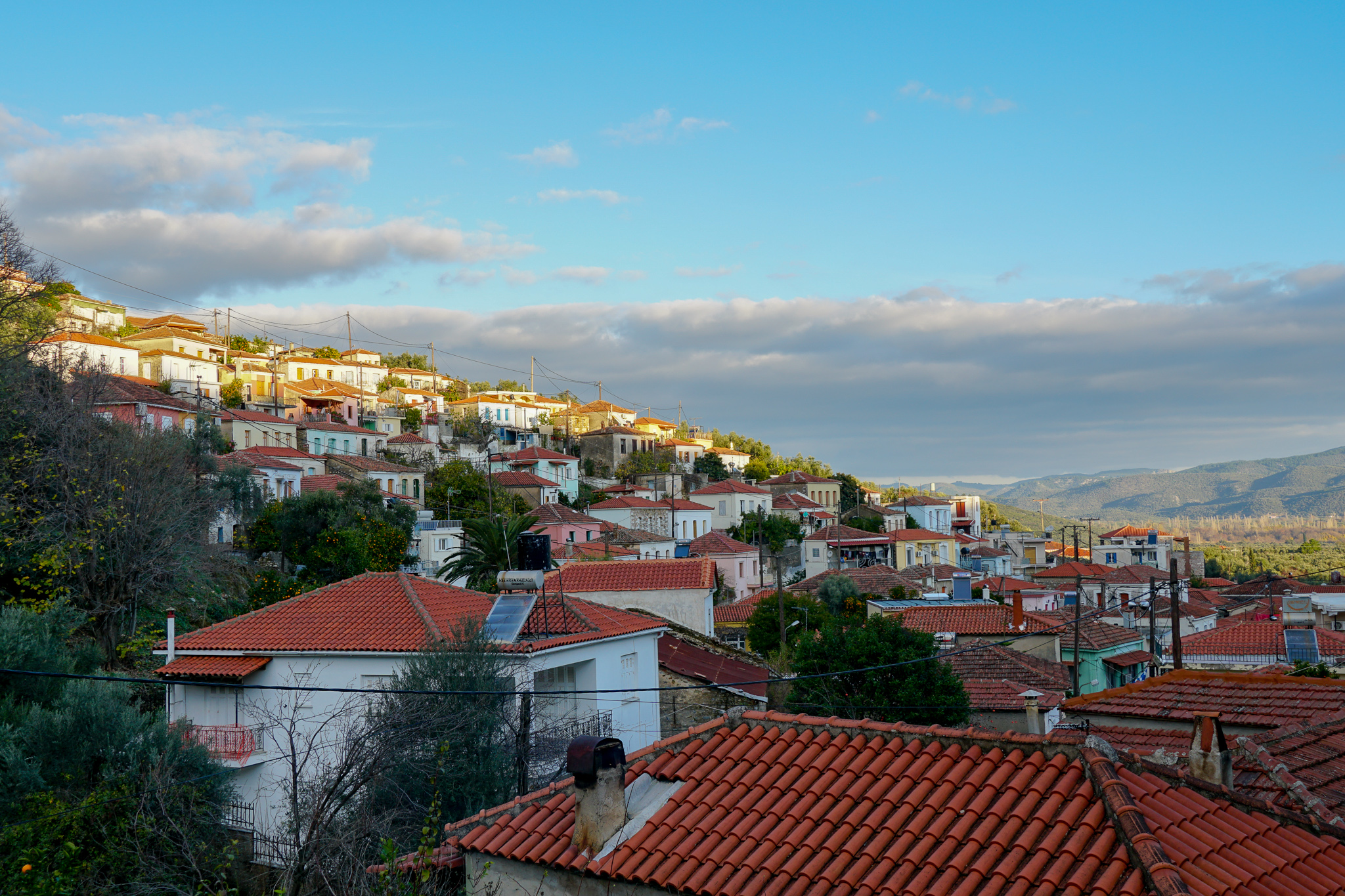
When we got to the restaurant we would clean everything up and make sure we were ready to greet the guests. The food was prepared by the chefs: Katerina’s daughter and her boyfriend.
Then Bill (the best English man ever after my boyfriend) drove our van to Moria. I only went there twice, but I quickly realised no one should live there. However, as soon as our groups entered through the doors of the restaurant, we only had one job: to make them happy.
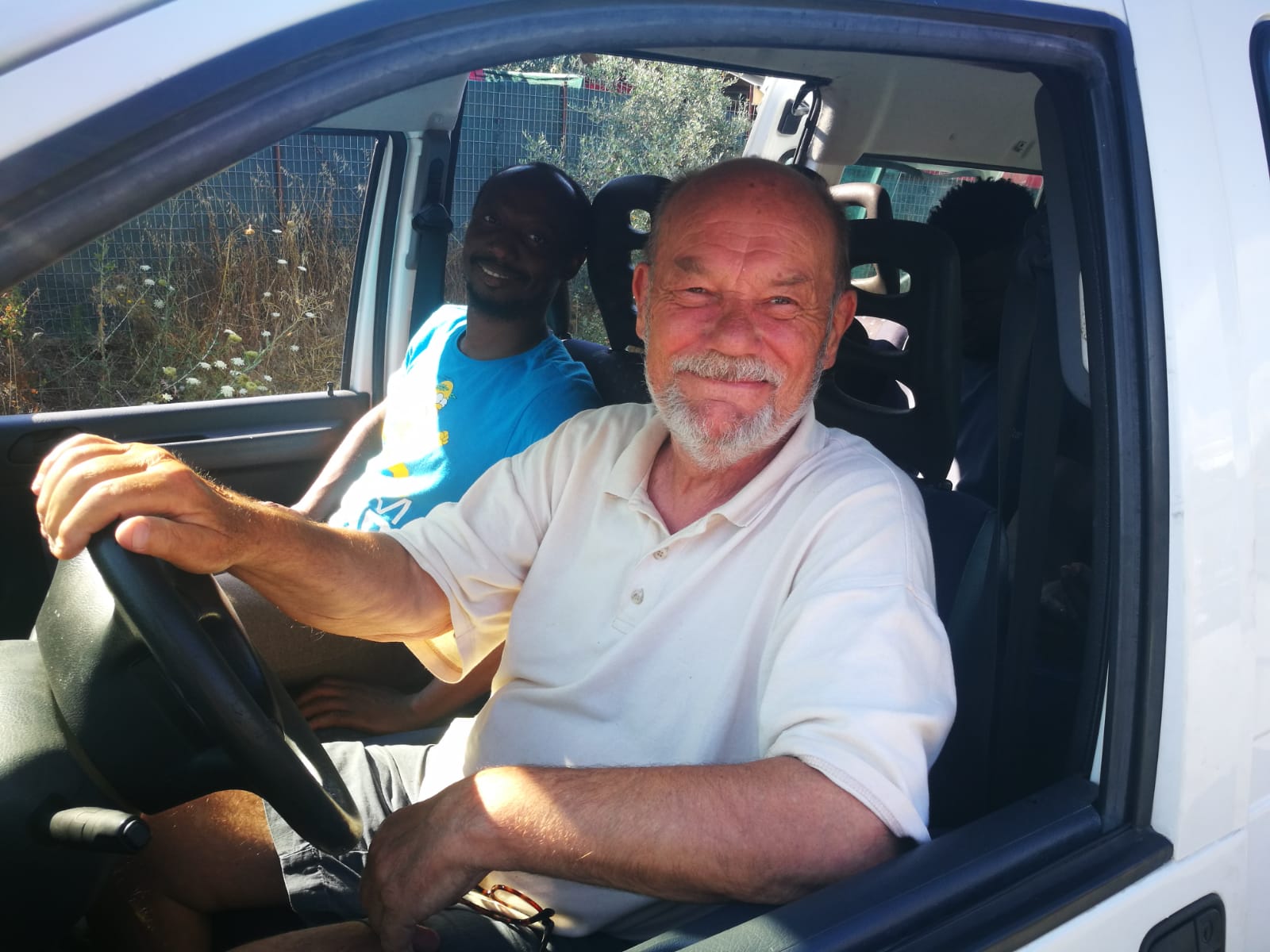
Starting by serving them bread, pasta, rice, fish, chicken or lamb, going through intense sessions of Jenga, Mikado or colouring and ending in the delivery of packages of clothes, shoes and hygiene items, during those hours there were no volunteers and refugees. Just friendship and companionship.
And we would repeat everything at dinner. In total, about 50/60 people are fed per day. In summer there is room for more. It may look like a drop of water in an ocean of 8000 people. But it’s are at least 1300 meals a month and about 500,000 a year.
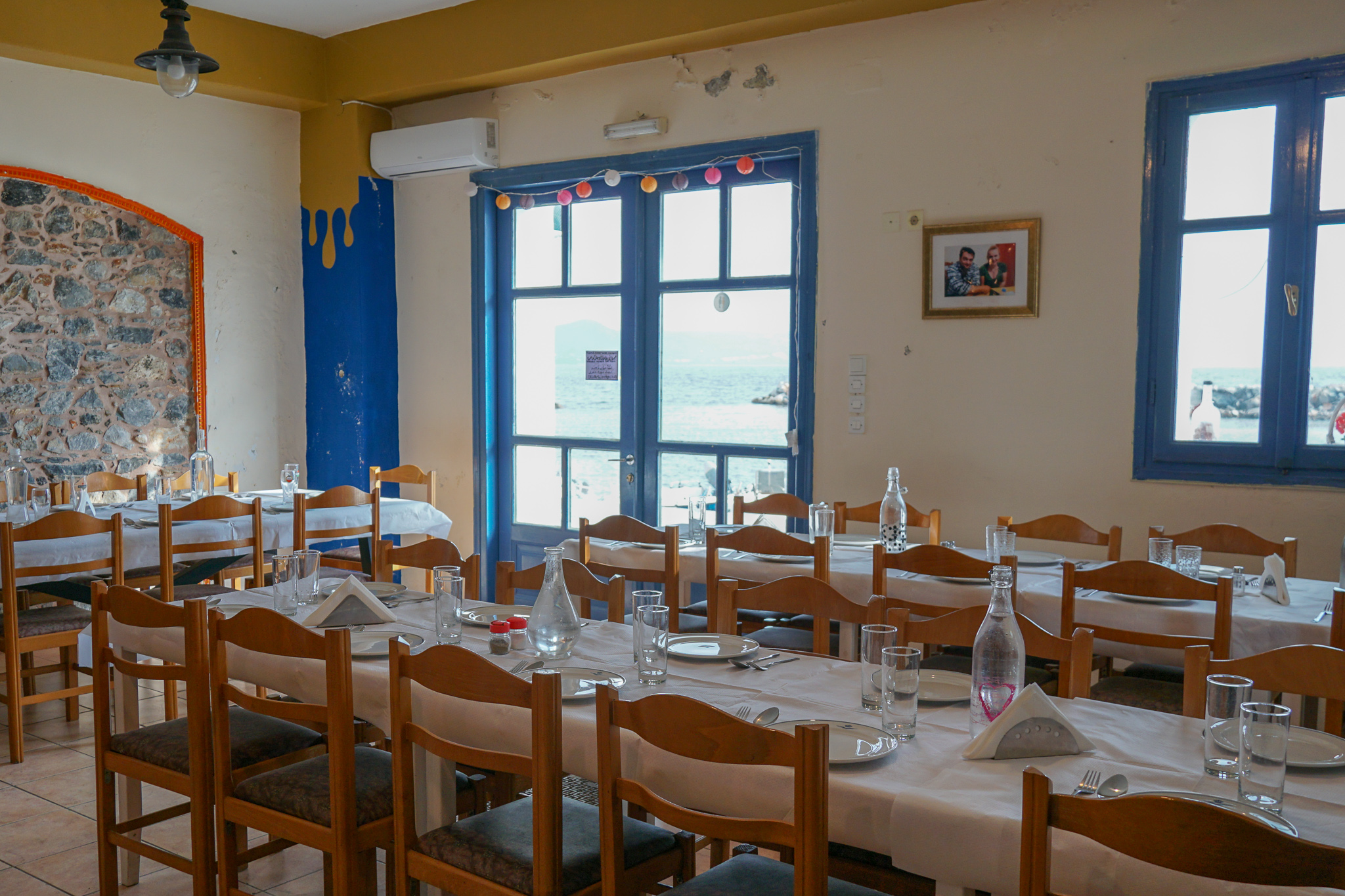
What this project gave me
I think volunteers are the ones who benefit most from volunteering. Yes, we contribute to improve the lives of these refugees for a few hours a day, but they change our perspective forever.
As cliché as it may sound, the truth is that we are indeed very lucky. We are born in a safe country and, with more or less difficulties, we can live our lives without thinking every day if this will be the last.
Home for All is about giving a face to the refugee crisis. Are we touched when we read and hear about it? Most will say yes. But we don’t know them, we don’t know their stories, we didn’t speak with them. They are easily forgotten when we turn off the television or close the computer.
It’s different now. Where are those Afghan girls, who I danced with for several hours on our Ladie’s Night, going to be in a year? What is it going to happen to Omir who came from Iran and who loves Ronaldo, Umar who makes videos with Pakistani songs or that 10-year-old girl from Afghanistan with smart eyes and bushy eyebrows? You can’t turn it off any more.
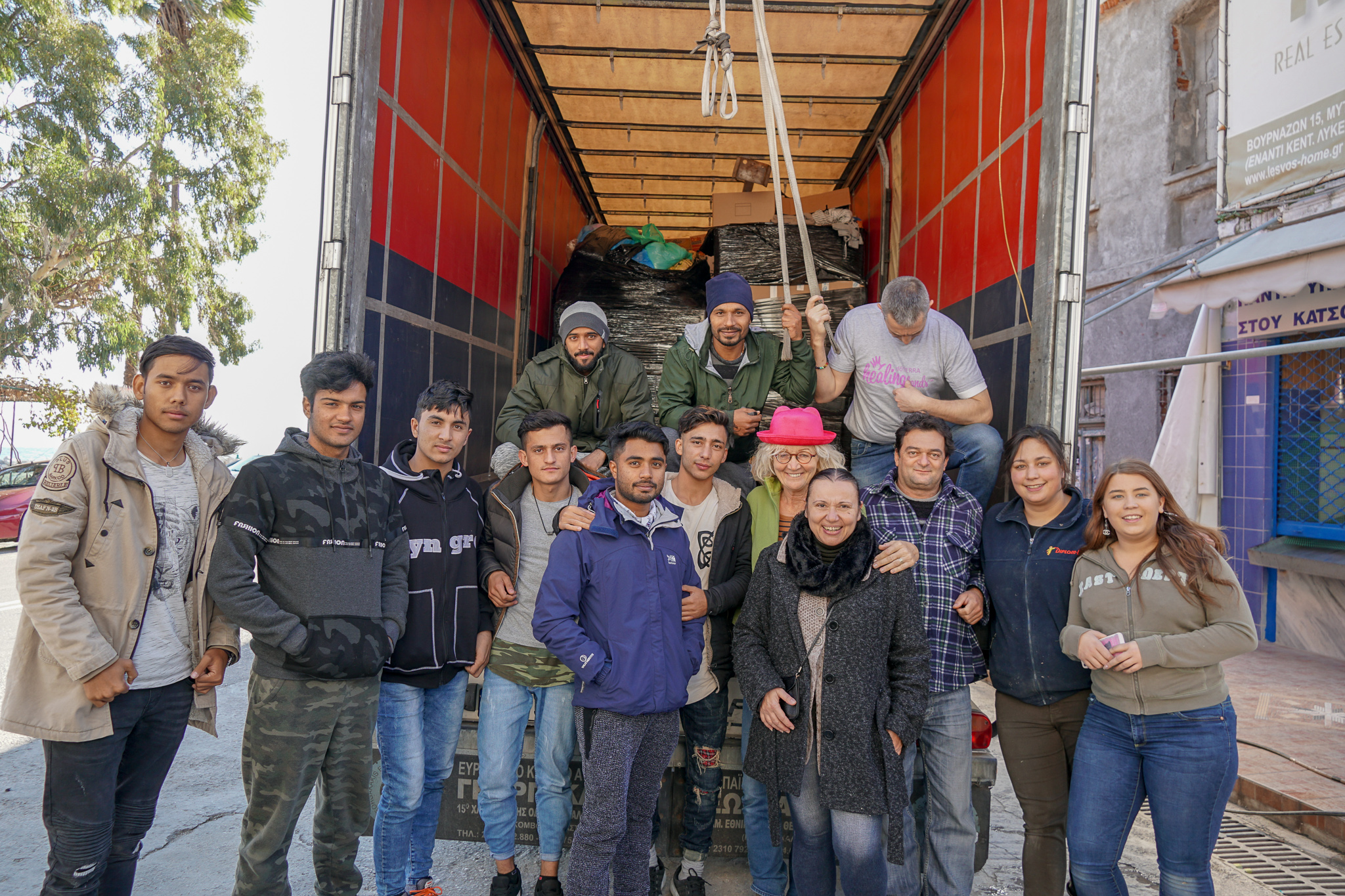
And we have reached the final point of what this project has brought me: contact with children. I can honestly say I’ve never felt so far outside of the comfort zone because I had to deal with kids! This may sound absurd coming from someone who has travelled half the world alone, but whoever knows me knows this is an incredible achievement :p
They are the kids who need the most attention and who need to forget what surrounds them. A refugee camp is not the school they deserve, so we’re there to give them back some of their stolen childhood. And this was strangely rewarding.
Disclaimer: No, I will not start playing with children regularly. This week was good but it served me for the rest of my life.
How can you help?
Maybe I shouldn’t have left the most important part of the post to the end, but here it goes.
First, as Katerina says, the ideal would be if everyone could volunteer even for at least a week. It is the best way to perceive the dimension of the problem and the reality in the camp.
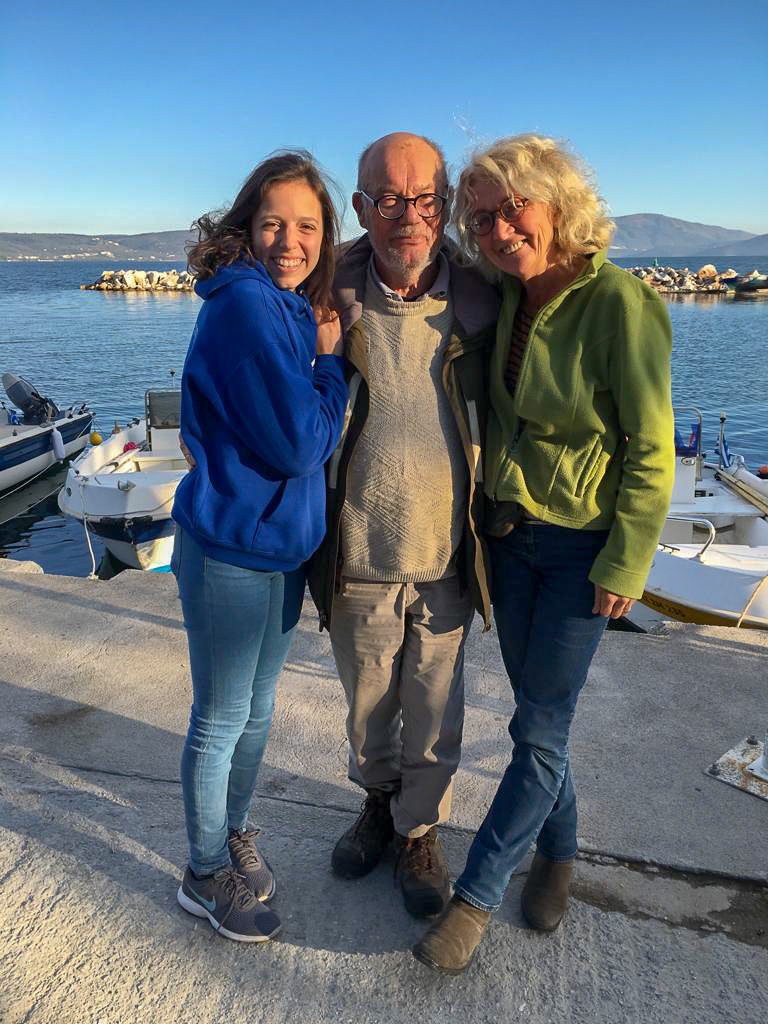
Second, it would be to make a donation. The project lives only on donations and volunteers. So, if this Christmas you are feeling a particularly strong holiday spirit, here is the link to be able to offer a meal to a refugee.
In addition to meals, donations help:
– To keep all “houses” open and working. The restaurant, the internet cafe, and new centre for women and children;
– Repair the vans used to pick up and take refugees to the camp. The vans are old and give trouble too often;
– Financing new initiatives. The next project / objective is to give financial independence to some refugees. The idea is to give them the machines and materials they need to practice their crafts (there are cobblers, tailors, electricians, etc.) and sell what they do. This project can effectively change the lives of refugees.
One thing I can guarantee: your donation will surely help someone.
Third and final point: you can share the project. The more people know that Home for All exists, the more people can donate and more lives can be changed.
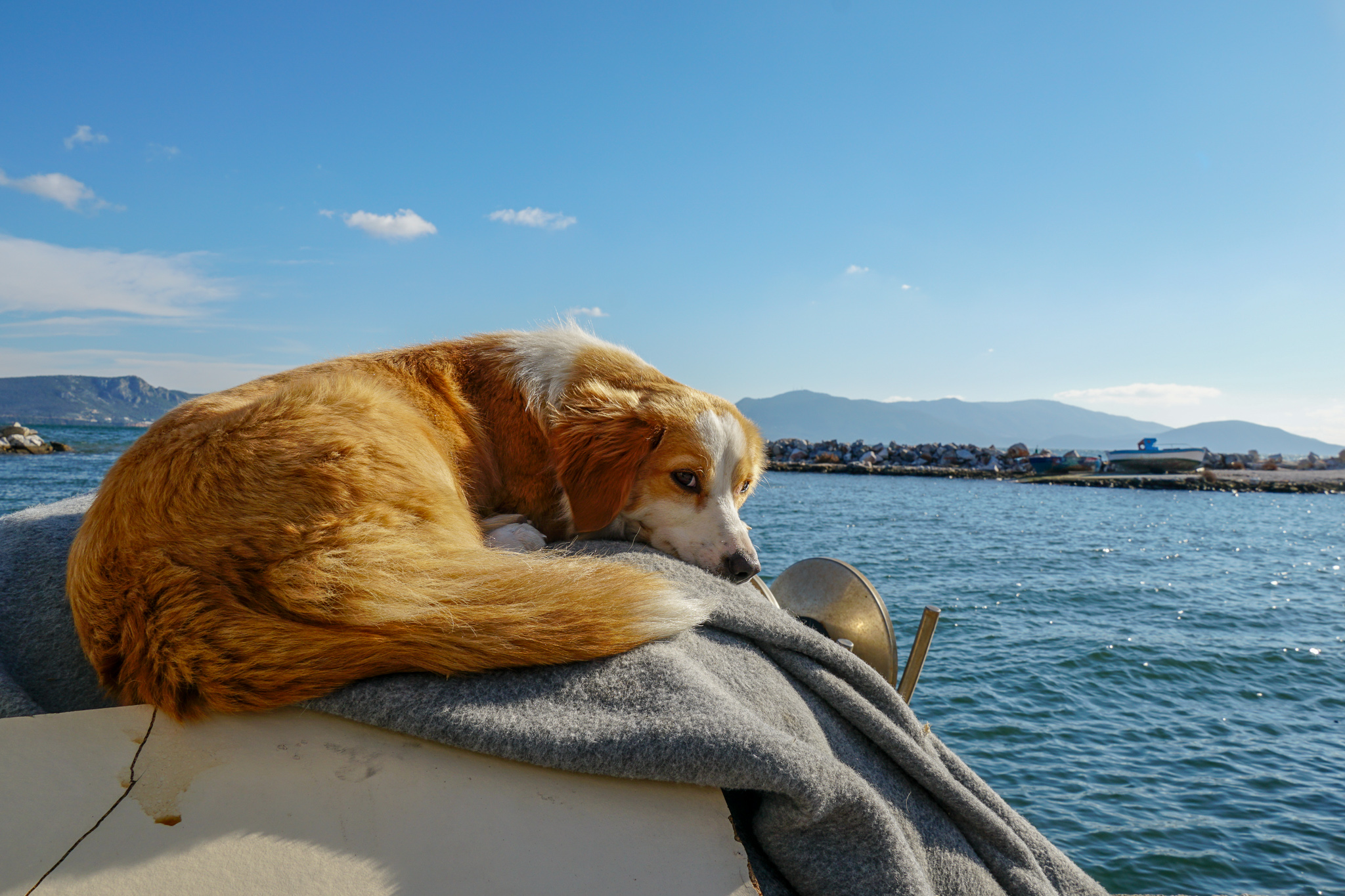
I hope that I have been able to portray, even if only a little, the importance of this amazing project!
